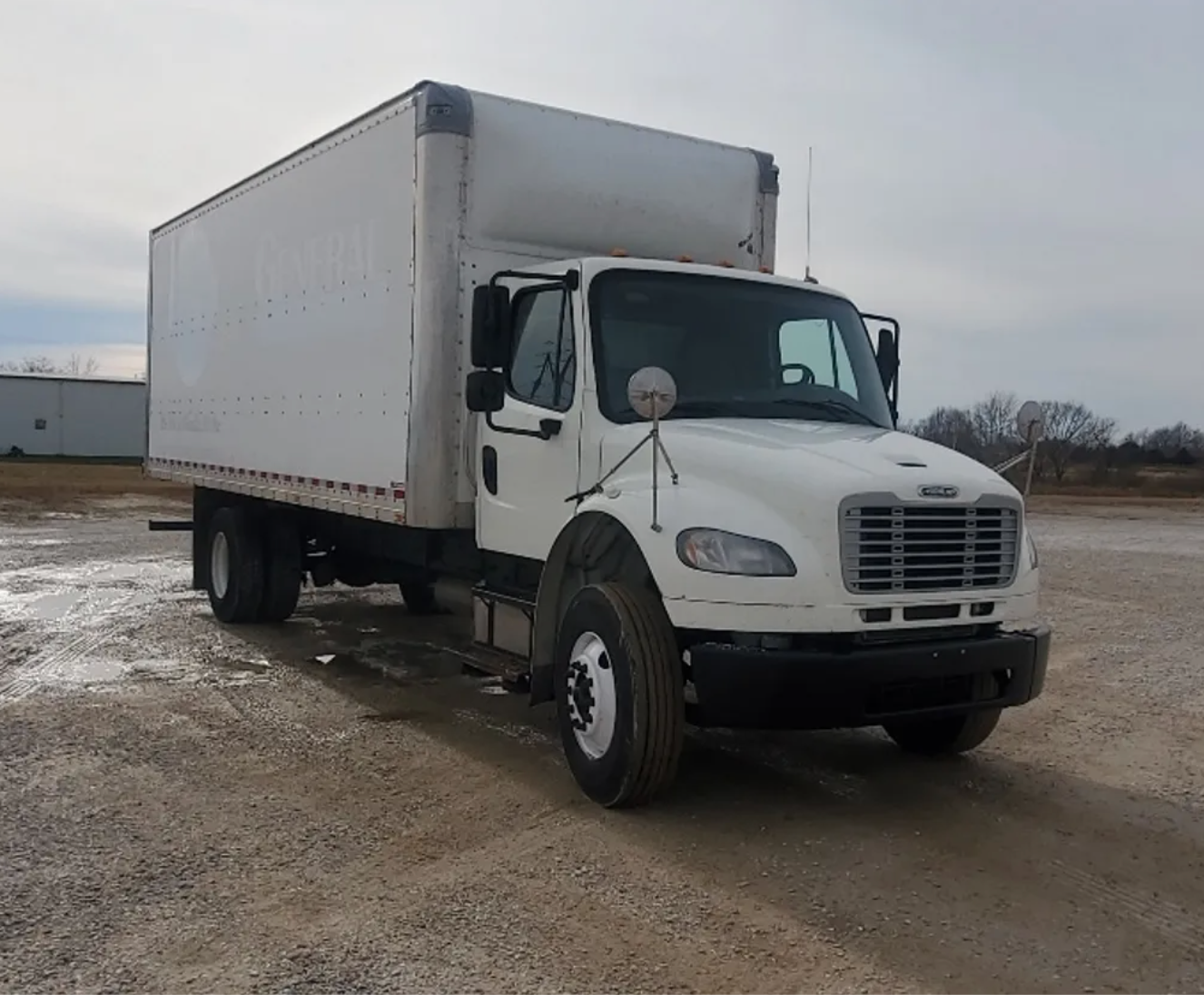- Drivers don't want to hear it, but gas prices are high because demand is high, and the only way to bring them down is to drive less. (The Grid)
- Truck manufacturers say they're planning to go electric, yet they continue to push back against state and federal emissions regulations. (Politico)
- Injuries are more common riding e-scooters than riding a motorcycle or a bike, driving a car or walking, according to a UCLA study, but those injuries are less severe than those caused by motorcycle or car crashes.
- Planetizen examines the causes of traffic congestion.
- Pittsburgh is using AI to synchronous traffic lights, which means less time idling and potentially more space for bikes and pedestrians, but the system is biased in favor of cars. (Popular Science)
- Instead of investing in better transit so people can get to work, Baltimore is paying Lyft to give rides to newly hired employees. (Smart Cities Dive)
- California regulators plan to ban the sale of new gas-powered vehicles by 2035. (Cal Matters)
- Green transportation projects in California often spend years mired in environmental studies and lawsuits. (San Francisco Examiner)
- Boston's transit agency is missing a big opportunity to electrify and expand regionally. (Commonwealth)
- The EPA declared Denver a "severe" violator of ozone regulations after a series of smoggy summers. (Colorado Public Radio)
- Portland YIMBYs are pushing back against parking mandates. (Bike Portland)
- Tampa's TECO streetcar had its busiest month ever with 108,000 riders in March. (Florida Politics)
Streetsblog
Friday’s Headlines Are Truckin’

A major safety bill moving through the senate right now would mandate the installation of automatic emergency braking system on big rigs, but not on smaller box trucks like these — much less light trucks and cars. Image:
|Penske via CCStay in touch
Sign up for our free newsletter
More from Streetsblog USA
The New Uber-Backed Car Insurance ‘Reform’ Push Is Actually A War On Crash Victims
New York State Gov. Kathy Hochul wants to limit payouts to crash victims under the guise of "affordability" and bogus claims about "staged crashes."
Friday Video: Why Micromobility Sucks in So Many American Cities (But Not In Others)
And what we can do about it.
Friday’s Headlines Are Full of Hot Air
They done done it, as we say in the South: The Trump administration's official policy now is that climate change poses no threat to human health.
Talking Headways Podcast: Concrete Doesn’t Spend Money, People Do
Dr. Lawrence Frank shows how the decisions we make about the built environment are a symbol of why the world is so f'd up. A very special edition of Talking Headways.
Why Does Trump Wants To Punish Cities For Free Buses?
Hint: it's probably not to make anyone's transportation network better!
Thursday’s Headlines Come Together
A large coalition is urging Congress to protect funding for active transportation.





